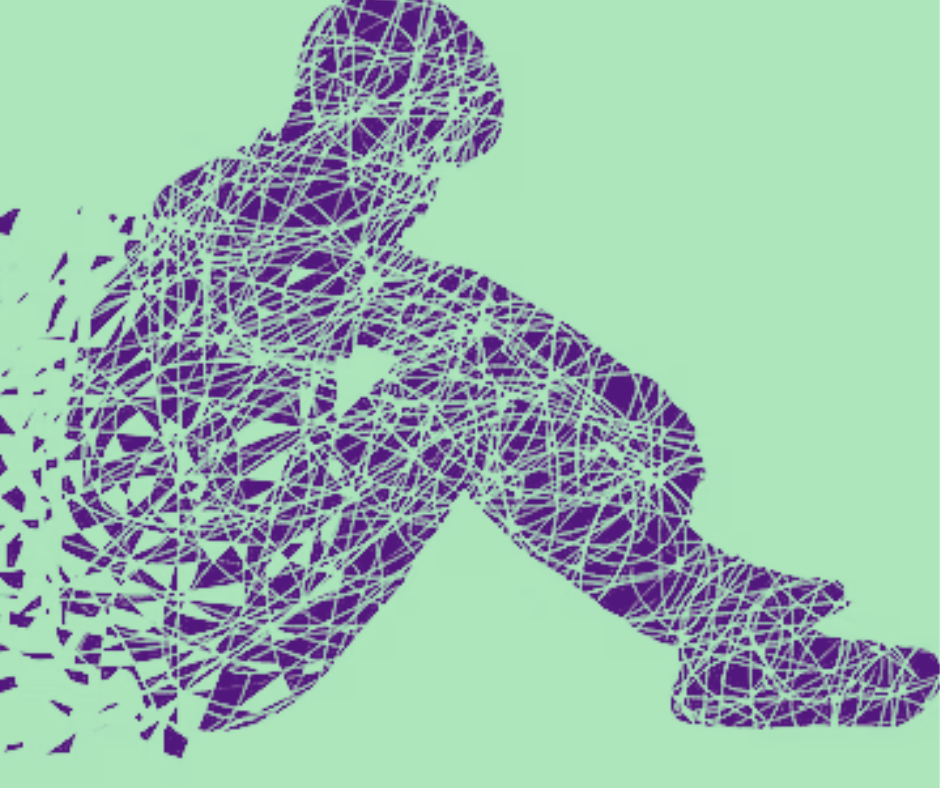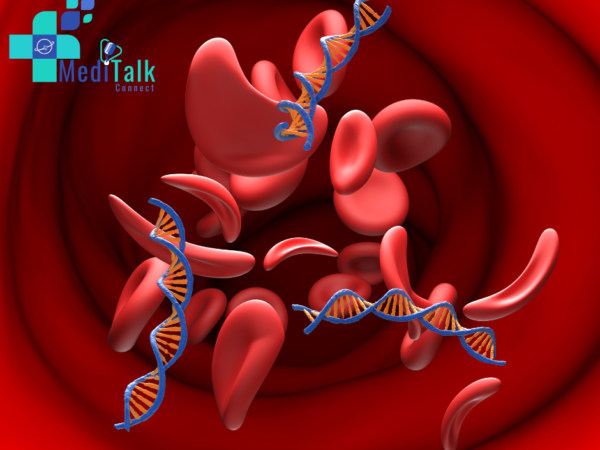Depression, a term commonly uttered in everyday conversations, carries a weight of complexity that often eludes a precise understanding. This in-depth exploration seeks to unravel the intricacies of depression, delving into its multifaceted nature to demystify the nebulous concept that permeates our language and lives.
Defining Depression:
At its core, depression transcends mere feelings of sadness. It is a complex mental health condition characterized by a pervasive sense of despair, apathy, and emotional emptiness. Beyond fleeting moments of unhappiness, depression manifests as a persistent state that can significantly impair an individual’s daily functioning, relationships, and overall quality of life.
The Spectrum of Symptoms:
Depression manifests through a spectrum of symptoms, encompassing emotional, cognitive, and physical realms. From overwhelming feelings of hopelessness and despair to cognitive challenges such as impaired concentration and decision-making, its impact extends far beyond mood fluctuations. Physical symptoms, including changes in appetite, sleep disturbances, and fatigue, further underscore the pervasive nature of depression.
Types of Depression:
The term “depression” serves as an umbrella for various subtypes, each with its own unique characteristics. Major Depressive Disorder, Persistent Depressive Disorder, Bipolar Disorder, and Seasonal Affective Disorder are among the diverse forms that contribute to the nuanced landscape of depression. Understanding these distinctions is paramount for accurate diagnosis and tailored treatment approaches.
Roots and Triggers:
Depression often finds its roots in a complex interplay of genetic, biological, environmental, and psychological factors. Life events such as trauma, loss, or chronic stress can act as triggers, exacerbating predispositions toward depression. The intricate dance of neurotransmitters in the brain and the impact of hormones further contribute to the intricate tapestry of depressive experiences.
The Stigma Surrounding Depression:
Despite its prevalence, depression continues to be shrouded in stigma and misconception. Breaking down these barriers requires fostering open conversations, dispelling myths, and promoting empathy. Acknowledging depression as a legitimate medical condition, rather than a mere expression of weakness, is crucial for fostering a supportive environment.
Seeking Help:
Recognizing the signs of depression is a pivotal first step, but seeking help is equally vital. Mental health professionals, support networks, and therapeutic interventions play integral roles in the journey toward recovery. The stigma associated with asking for help needs to be dismantled to encourage individuals to reach out without fear of judgment.
In the labyrinth of mental health, depression stands as a complex and multifaceted phenomenon. This exploration endeavors to peel back the layers, offering insights into its definition, diverse symptoms, various types, and the underlying factors that contribute to its manifestation. As we demystify depression, fostering understanding, empathy, and a proactive approach to seeking help, we pave the way for a more compassionate and informed society where individuals grappling with depression can find solace and support on their journey toward mental well-being.




